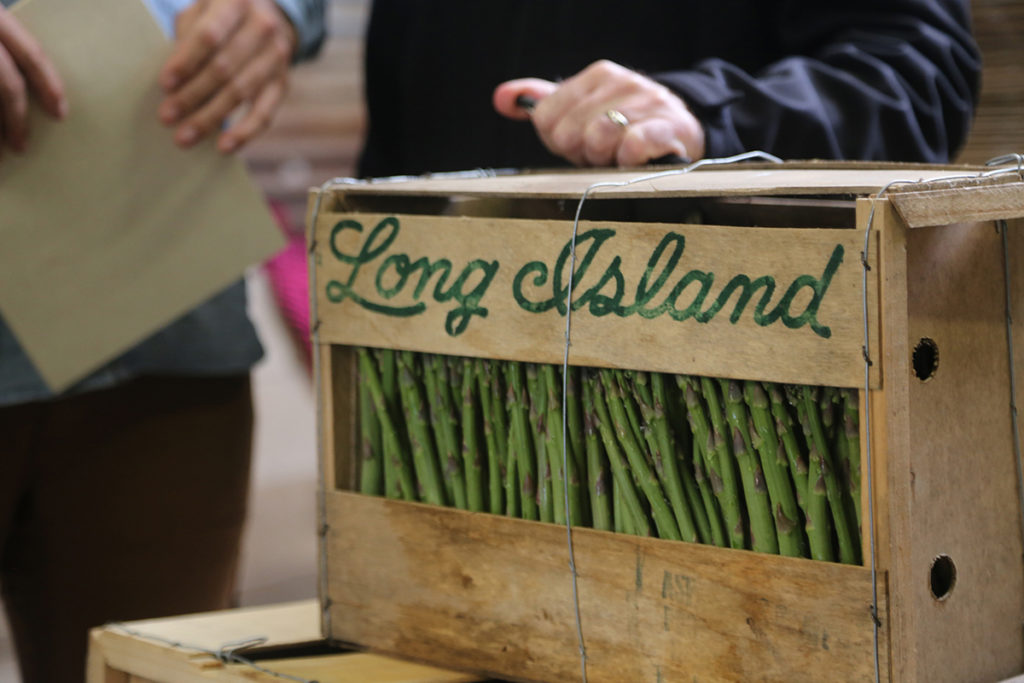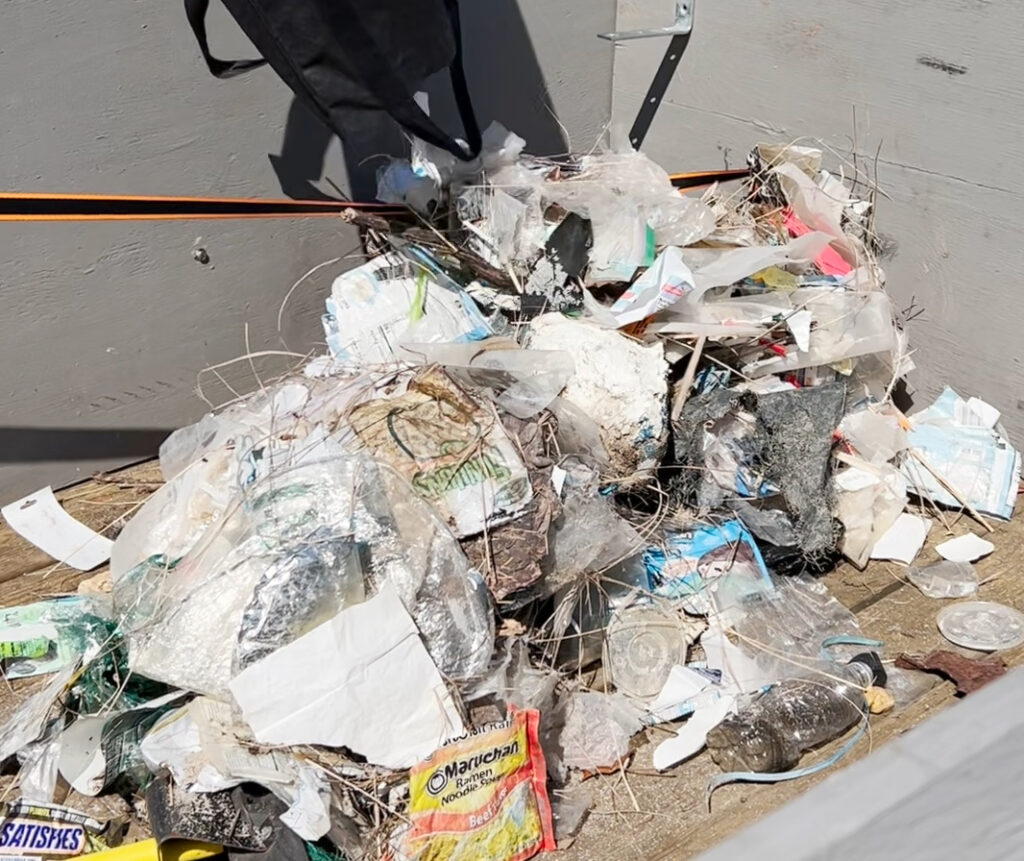More than 11 acres of Wells Farm in Aquebogue preserved as farmland

The children of the late Lyle Wells — who died in a tractor accident in January 2018 — have now sold the development rights to 11.16 acres of farmland on Phillips Lane in Aquebogue.
The Wells family has been farming since 1661, when this parcel was one of the original land grants William Wells received from the Town of Southold. It was then farmed by the Wells family for 12 generations, according to Riverhead Councilman Frank Beyrodt.
Suffolk County Executive Steve Bellone made the announcement last Wednesday at the Wells farm. According to Mr. Bellone’s office the transferred development rights sold for $613,800.
Although Suffolk County launched one of the first farmland preservation programs in the country, “there has been intense development pressure” on farms, Mr. Bellone said.
Matt Wells, Lyle’s son, said in an interview that he and his dad had talked about what they wanted to do with the farm in the future.
“The transfer of development rights program was one of the major things he was interested in,” Mr. Wells said. “The main thing was to preserve the land as farmland. That was always the goal.”
Jessica de Vera Wells, Lyle’s daughter, recalled sitting down with their father when they were all young.
“He said, ‘Is this the plan that you all want? Do you want this farm to stay a farm?’ We all said yes and he said, ‘OK, we’ll make it happen then.’ I’m sure he’s very pleased that this is happening,” she said.
Mr. Wells said that without the county’s farmland preservation program, many farms would not be able to survive. To date, the county has preserved about 31,000 acres of agricultural land, according to Rob Carpenter of the Long Island Farm Bureau. The transfer of development rights program allows farmers to ensure that their land can be used only for agriculture. TDRs shift a property’s development rights by allowing them to be sold to a developer for use elsewhere, in areas where additional development is permitted.

What led to the family’s decision to sell the development rights?
Mr. Wells said that when his father died, “We had a lot of loans outstanding for the farm and for a house he had just purchased on the farm. So the main reason was to cover the debt, because I wasn’t really sure how successful the farm was going to be. It ended up turning out really well and we probably would’ve been able to cover the debt, but we just decided this is probably the best way.”
The Wells family still owns other land that is being actively farmed and where development rights remain intact.
“We’ve got about 20 acres left that has not been preserved yet,” Mr. Wells said.
He and his brother, Logan, have continued to work on the farm. His sister, he said, runs a program at Hallockville called “Farmhands,” which teaches kids about the earth and how to farm.
The family farm continues to grow asparagus, for which it is best known, and other crops that rotate from year to year, Mr. Wells said. Last year, they grew cucumbers, zucchini and butternut squash. This year, they’ll grow sunflowers and other types of flowers.
“All of the actual farmable land here, we don’t have any plans to develop it,” he said.








